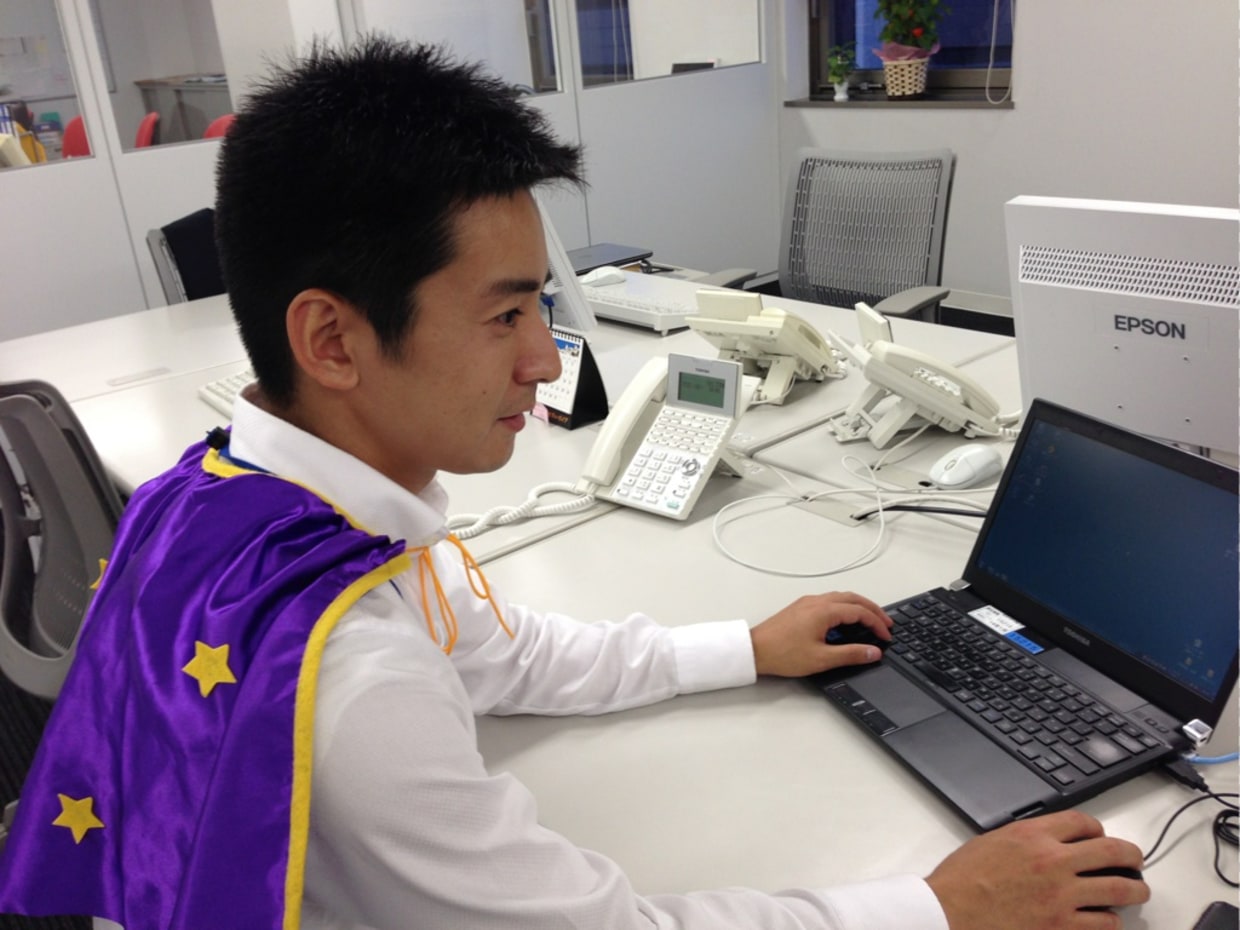

The Culture of Overtime in Japan: A Deep Dive into Workforce Dynamics and Recruitment Strategies for Global Companies
- trienkhaiweb
- 25 October, 2024
- 0 Comments
The Japanese work culture has long been associated with a strong sense of community, teamwork, and a dedication to one’s company that often extends beyond traditional working hours. This phenomenon, known as “service overtime” or “service zangyo,” is deeply ingrained in many Japanese workplaces. While recent trends show a gradual shift towards better work-life balance, understanding these cultural nuances remains crucial for businesses engaging with the Japanese workforce, particularly those involved in labor export and international recruitment like Quinn Vietnam Manpower.
Understanding the Roots of Overtime Culture
Several factors contribute to Japan’s overtime culture:
-
Collective Responsibility: Japanese companies often emphasize teamwork and collective goals. Employees may feel a sense of obligation to stay late if their colleagues are still working, as it’s seen as a way to show solidarity and support for the team’s efforts.
-
Hierarchy and Respect: The hierarchical structure in many Japanese businesses plays a role in overtime. Employees may feel it’s disrespectful to leave before their superiors, even if their own tasks are complete. This is partly a matter of respecting authority, and partly a way to avoid appearing less dedicated than others.
-
Performance Expectations: In some industries, there’s an unspoken expectation for employees to put in extra hours as a sign of commitment and dedication to their work. This can lead to a competitive environment where workers feel pressured to match or exceed their colleagues’ overtime hours.
-
Communication Norms: In Japanese culture, direct communication can be viewed as impolite. This can make it difficult for employees to express a desire to leave on time, or to decline additional work when they’re already feeling overloaded.

Shifting Tides: The Changing Landscape of Japanese Work Culture
While overtime remains prevalent in certain sectors, there’s a growing movement in Japan towards a healthier work-life balance. Government initiatives, labor law reforms, and changing attitudes among younger generations are gradually reshaping workplace norms. Many companies are actively promoting flexible work arrangements, encouraging employees to take vacations, and setting stricter limits on overtime.
Implications for International Recruitment and Workforce Management
For companies like Quinn Vietnam Manpower, which specialize in placing skilled manpower in overseas markets, understanding these cultural nuances is essential. It’s crucial to:
- Educate and Prepare Candidates: Ensure that individuals being placed in Japanese companies are well-informed about work culture expectations, including potential overtime demands.
- Facilitate Cultural Exchange: Encourage open communication between Japanese employers and foreign employees to bridge cultural gaps and address potential misunderstandings regarding overtime.
- Promote Work-Life Balance: Advocate for healthy work-life balance practices among client companies in Japan, emphasizing the benefits of a well-rested and engaged workforce..
Quinn Vietnam Manpower: A Leader in International Manpower Solutions
Quinn Vietnam Manpower has established itself as a trusted partner in the global labor market. By understanding the unique cultural landscape of each country they operate in, they’re able to effectively match skilled workers with opportunities abroad, ensuring a successful and fulfilling experience for both employees and employers.
The Future of Work in Japan
As Japan continues its journey towards a more balanced work culture, companies involved in international recruitment and workforce management will play a vital role in facilitating this transition. By fostering cross-cultural understanding, promoting best practices, and supporting initiatives aimed at improving work-life balance, they can contribute to a brighter and more sustainable future for the Japanese workforce.
Related articles
Employee Empowerment with Quinn Vietnam Manpower
In today’s dynamic business landscape, organizations are increasingly recognizing the importance of employee empowerment as a key driver of success. Quinn Vietnam Manpower, a leading provider of manpower solutions in Vietnam, understands that empowered employees are more engaged, productive, and committed to organizational goals. This article delves into the concept of employee empowerment, exploring its…
Quinn Vietnam Manpower’s 5 Steps to Successful Coaching in 2025
In today’s dynamic business environment, maximizing your manpower’s potential is crucial for success. Effective coaching programs are key to unlocking this potential, fostering employee growth, and driving organizational performance. Quinn Vietnam Manpower, a leading provider of manpower solutions, presents a comprehensive guide to successful coaching in 2025. Whether you’re leading coaching sessions yourself or partnering…
Functional Skills: A Guide for Quinn Vietnam Manpower’s Workforce in 2025
In today’s competitive job market, possessing strong functional skills is more critical than ever. For Quinn Vietnam Manpower, equipping our manpower resources with these essential skills is key to their success and the success of our partner businesses. This comprehensive guide explores the importance of functional skills, particularly in Math and English, and how Quinn…
Level Up Your Workforce: Gamification Strategies for Quinn Vietnam Manpower
In the competitive landscape of Vietnam’s manpower industry, attracting, engaging, and retaining top talent is more critical than ever. Quinn Vietnam Manpower recognizes the power of innovative solutions, and gamification is emerging as a game-changer in the realm of human resources. By integrating game mechanics and elements into various HR processes, Quinn Vietnam Manpower can…
3 Communication Skills Every Manager Needs to Thrive
In today’s rapidly evolving business landscape, effective communication skills are more critical than ever for managers. Whether you’re a seasoned leader or newly promoted, honing your communication abilities can significantly impact your team’s performance, morale, and overall success. This article delves into three essential communication skills every manager needs to master in 2025 and highlights…
Harnessing the Power of Insights with Quinn Vietnam Manpower
In the dynamic landscape of 2025, where businesses face unprecedented challenges and opportunities, the ability to gain profound insights is more critical than ever. For project management (PM) in Vietnam, this rings especially true. Quinn Vietnam Manpower, a leading provider of manpower solutions, recognizes the crucial role of insights in driving project effectiveness and organizational…








